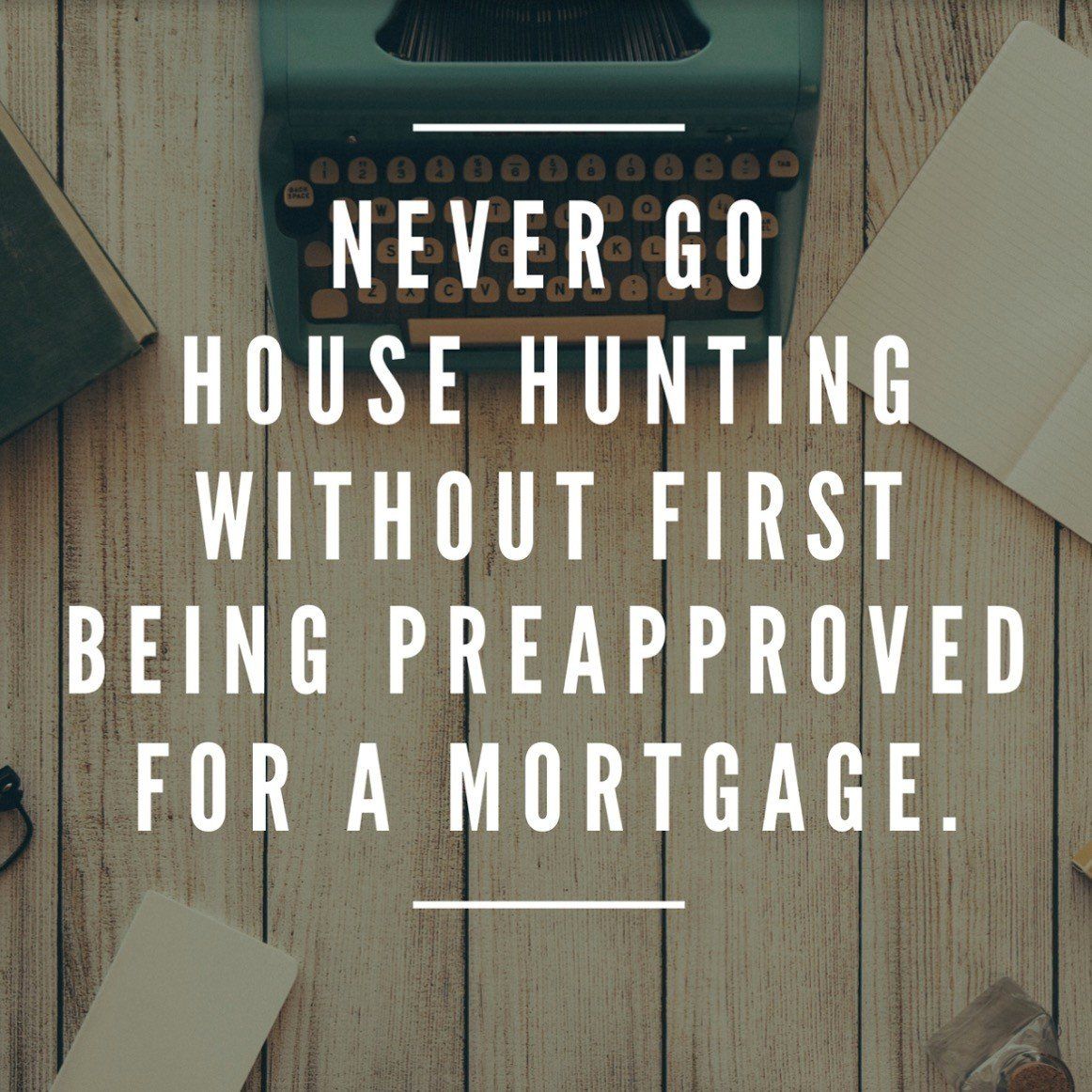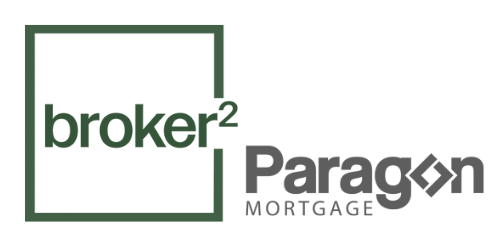Avoid This Mistake When Shopping for a House
No doubt about it, buying a home is an emotional experience.
It's a game of balancing needs and wants, while trying to be honest with yourself about those very needs and wants. It's hard to get it right, figuring out what's negotiable and what isn't... what you can live with and what you can't live without. House shopping tends to be more arbitrary than science, especially when you're someone who makes decisions with your heart (sometimes at the expense of your head).
One of the biggest mistakes you can make when shopping for a house is to fall in love with something you can't afford. Doing this almost certainly guarantees that nothing else will compare and you will inevitably find yourself "settling" for something that is actually quite nice (and would've been perfect, had you not already fallen in love with something out of your price range).
Now, there is nothing wrong with dreaming, and taking a tour of new show homes to snap a few pictures to get some inspiration, but when it comes to the nitty gritty of buying a home, you should know exactly what you can qualify for, so that you can shop with confidence. You need a mortgage pre-approval.
A pre-approval does a few things...
- It will outline your buying power. You will be able to shop with confidence knowing exactly how much you can spend.
- It will uncover any issues that might arise in qualifying for a mortgage (example mistakes on your credit bureau).
- It will outline necessary supporting documentation so you can get those together ahead of time.
- It will secure a rate for 30 to 120 days depending on your mortgage product.
- It will save your heart from the pain of falling in love with something you can't afford.
Don't make the mistake of falling in love with something you can't afford, get a pre-approval before you start shopping, your heart will thank you.
If you want to talk with me about your financial situation and nail down exactly what you can actually afford, please don't hesitate to contact us anytime. This is what we do, and we'd love to work with you!









